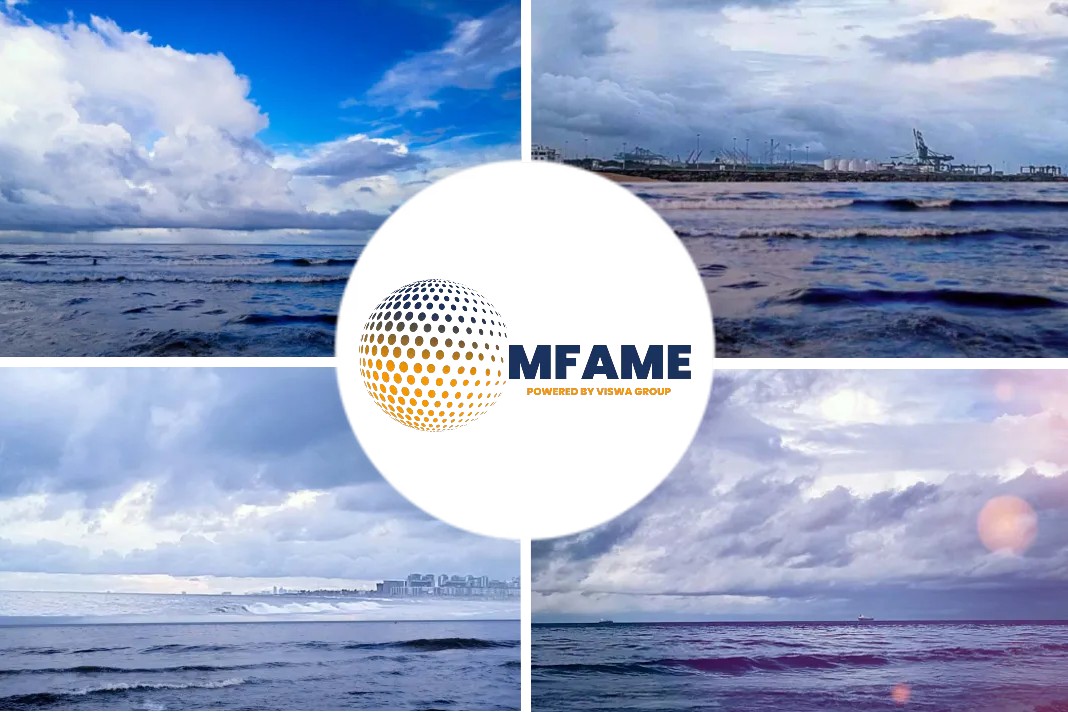- Small ship owners hard hit by IMO 2020
- Says that scrubbers cost half their ship cost
- Big giants take a positive shift towards 0.5% fuel
- Small shippers could not bare the post installation cost of scrubbers
- Either scrap or buy new vessels? Small shippers concern
In 2020 the global bunker market will shift to a cleaner yet more expensive 0.5% sulfur marine fuel but the vast capital required to address this new regulation has left small shipowners few options to stay above water.
No scrubbers for giants
The industry giants such as Maersk have announced they will use 0.5% very low sulfur fuel and Trafigura will continue to burn 3.5% fuel on its vessels thanks to the installation of scrubbers.
UBS Evidence Lab’s survey of shipping executives globally indicates that 67% of participants expect compliant fuel to be the primary response to the sulfur cap, only 21% will install scrubbers and 9% will replace with new vessels, the UBS “Greening the Waterways” August report said.
“No good at all” says small owners
However smaller shipowners are currently waiting until the last second to see how the market and prices develop as obtaining loans from the banks to retrofit scrubbers on their fleet or even scrapping and purchasing new vessels, a luxury available to very few.
Although the global fleet of merchant vessels are at 50,000, small shipowners make up approximately 4.5% of the global fleet, according to a senior commercial analyst at a large shipowner when looking at all ship types, excluding cruise liners.
INTERTANKO is a member organization open to independent tanker owners and operators of oil, chemical and gas tankers. Its membership’s fleet comprises 3,976 tankers. “Almost 56% of INTERTANKO’s membership is made up of owners with 10 vessels or less”, INTERTANKO told S&P Global Platts, “while the cumulative tonnage of those members makes up 14.1% of the association’s total registered fleet”.
What small owners can do?
Options available to small owners include mergers with other owners, scrapping older vessels and sharing the costs of a newbuild with another owner and placing their vessels into shipping pools.
On the other hand, shipowners in oversupplied tonnage markets are looking forward towards scrapping vessels, in order to remove the least efficient vessels from the fleet.
Embrace as one – small owners
The pool system operates by where earnings of the vessels in the pool are distributed to the owners involved according to a pre-agreed weighting system.
“An owner of one, two or three vessels owner will probably start looking into the pool or merging idea if he sees that the freight market will not support them,” according to Captain Andreas Georgiou, managing director of Athens-based Gregale Dry Bulk Shipping, a specialist in dry bulk and tanker chartering.
Scrubber surges
If the scrubber technology sees a surge in demand, it is expected that it could possibly reduce the cost of 3.5% fuel below the price of 0.5% fuel or marine gasoil.
This is because, roughly 10-15% of the fleet only are expected to have scrubbers installed, according to a study from CE Delft.
Scrubbers remain a niche solution within the global fleet, but have seen a rapid rise in popularity among shipowners in recent months.
Practical problem – small owners
As noted, small shipowners hold a smaller portion of the global fleet’s dead weight tonnage, despite the number of vessels in their fleet.
The decision to install scrubbers is heavily dependent on the type and size of the vessels, sources said.
“For a Pure Car Truck Carrier (PCTC) it is more difficult and expensive to put scrubbers as there is not enough space to install it,” a source from a leading shipping agency said. “Owners are getting paid in terms of how many vehicles they ship, so they want to utilize maximum capacity.”
For now, most owners with small fleets are considering switching to marine gasoil, or a mix of distillate and residual products to reach a certain density and viscosity, a marine consultant for a small Lebanese ship owning company said.
“Many will try and fail, and will end up leaving their vessels for scrap,” the consultant added. “It will also limit shipowners’ trade routes to countries where regulations will not be as stringent.”
Simply expensive – owners fear
In addition, the cost of installing a scrubber will cascade into additional expenditure, such as higher hull and machinery premiums, as well as more control and surveying of the scrubbers from flag, port state control, class and insurance companies.
“Shipowners for older or smaller ships may also see the investments as simply too costly,” Societe Generale said in a recent monthly commodities report.
“We’re not really buying into it,” a small bitumen shipowner said. “It’s too expensive to fit a scrubber for bitumen vessels specifically, as it is almost half the price of the ship.”
The owner of one bulk carrier, of 58,000 DWT, was quoted about $2 million for the installation of a scrubber.
“Owners are not willing to incur the cost of fitting a scrubber,” the source from the Greek agency added. “They are not willing to proceed with the installation as they believe the return on investment will be limited, rendering it unnecessary.”
Did you subscribe for our daily newsletter?
It’s Free! Click here to Subscribe!
Source: S&P Global
















